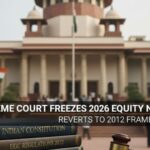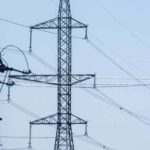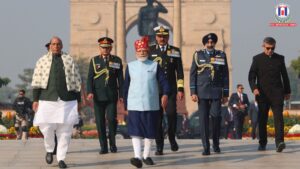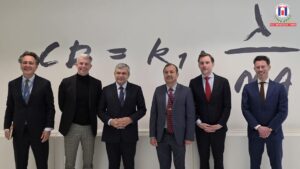
Rome has become the focal point of global diplomatic attention as the United States and Iran prepare for a pivotal fifth round of negotiations centered on Tehran’s nuclear program. The talks, which began earlier this week, have reached a critical juncture, with uranium enrichment remaining the most contentious issue between the two long-time adversaries.
Despite years of strained relations, both Washington and Tehran have expressed a willingness to pursue a diplomatic solution. The stakes are high, as the outcome could shape the future of non-proliferation efforts in the region and determine the trajectory of US-Iran relations for years to come.
The American delegation is being led by Steve Witkoff, the U.S. envoy for the Middle East, and Michael Anton, head of policy planning at the State Department. The team has reiterated Washington’s firm position: Iran must completely halt its uranium enrichment activities. The U.S. argues that any level of enrichment brings Iran dangerously close to weapons-grade capabilities and undermines regional stability.
Iran, however, has remained adamant that it will not surrender its sovereign right to enrich uranium for peaceful purposes. Iranian Foreign Minister Abbas Araghchi, speaking from Rome, stated unequivocally that “no deal is possible unless Iran retains the ability to enrich uranium.” He further emphasized that Iran’s nuclear ambitions are solely for civilian energy production and scientific advancement.
Complicating the negotiations are regional pressures and internal political dynamics. In the U.S., there is significant congressional scrutiny over any potential agreement, while Iran is grappling with mounting economic struggles worsened by years of sanctions. Iranian negotiators are under pressure to deliver relief from these sanctions without appearing to compromise national sovereignty.
European Union officials, acting as facilitators in the Rome talks, have urged both sides to approach the discussions with “maximum flexibility” and warned that failure to reach a consensus could further destabilize the Middle East.
While the road ahead remains uncertain, diplomats close to the negotiations have hinted at “measured optimism,” noting that backchannel communications between the two nations have continued even during previous deadlocks.


















No Comments: